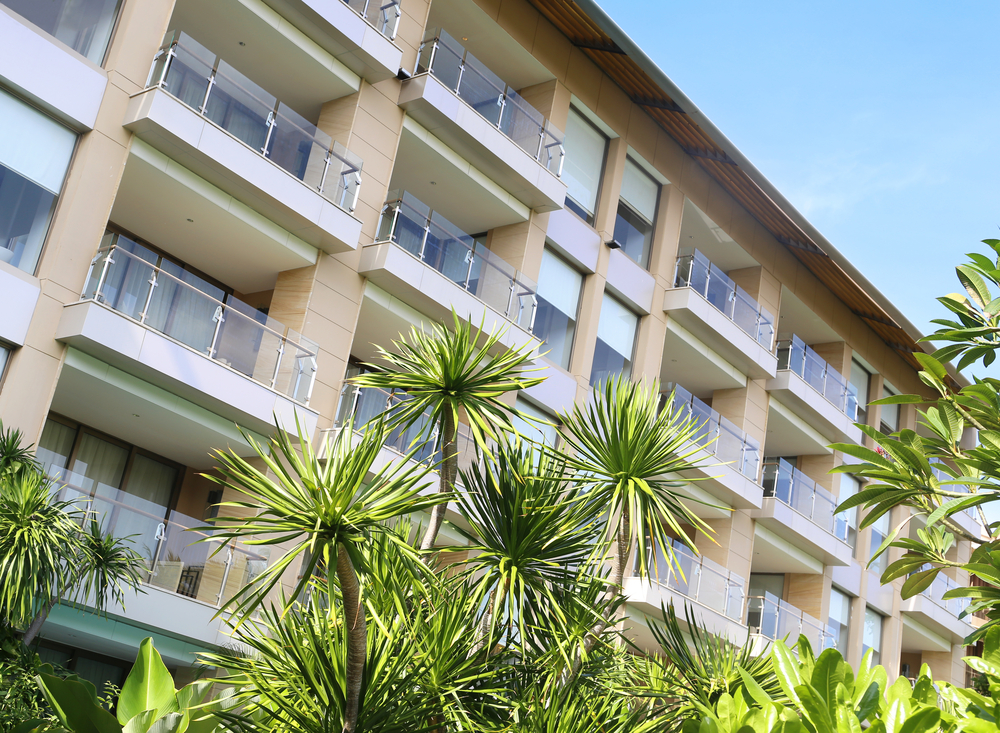
Difference Between Individual Unit Owner Insurance and Condo Association Insurance Policy
Individual unit owners and condo association insurance policies serve different purposes within a condominium community. Individual Unit Owner Insurance, or HO-6 insurance, focuses on protecting a condo unit’s personal property and interior. It typically covers belongings and interior fixtures and provides liability coverage for personal injury or property damage that might occur within the unit.
On the other hand, Condo Association Insurance Policy is a collective policy that provides coverage for shared or common areas of the condominium complex. It protects the community’s interests by covering structural components of the building’s common spaces like hallways and recreational areas, and offering liability protection for incidents that may occur in these shared spaces. The Condo Association Insurance protects the entire community, ensuring that the costs of repairing and maintaining common areas are covered.
